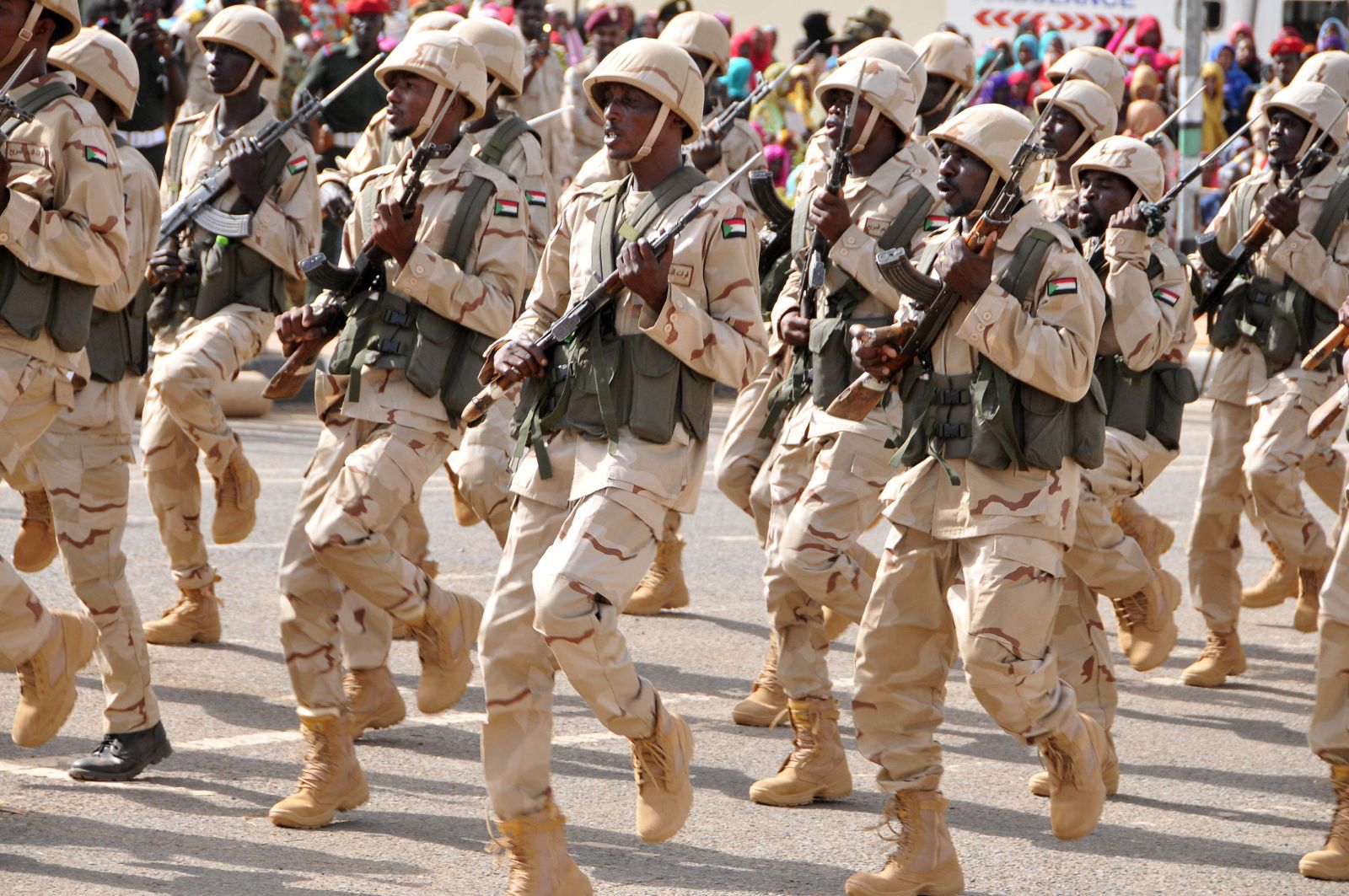France is leading the free world, but cannot fill void
The bad news is that violence and arbitrary state action are hurting many people and that the international community is not paying much attention. Human Rights Watch (HRW) argues that the crises in Yemen, Syria and Myanmar are being exacerbated because the perpetrators of serious crimes feel free to act. Western governments tend to look away. As HRW executive director Kenneth Roth argues in the report’s keynote, western powers are being distracted by their internal struggle with populist agitators:
“The playing out of this struggle has made many Western powers in particular more inwardly oriented, leaving an increasingly fragmented world. With the United States led by a president who displays a disturbing fondness for rights-trampling strongmen, and the United Kingdom preoccupied by Brexit, two traditional if flawed defenders of human rights globally are often missing in action. Buffeted by racist and anti-refugee political forces at home, Germany, France, and their European Union partners have not always been willing to pick up the slack. Democracies such as Australia, Brazil, Indonesia, Japan and South Africa have been heard actively defending human rights rarely, at best.”
The good news is that, according to Roth, the wave of right-wing populism in the West does not look as strong as it did one year ago. In particular, he praises Emmanuel Macron, the French president, who won last year’s election by confronting the Front National (FN) head on. His principled stance, Roth argues, allowed him to prevail over FN candidate Marine Le Pen with a huge margin. The HRW leader also praises Macron for standing up to “autocratic rule in Russia, Turkey and Venezuela, and a willingness to support stronger collective European Union action against Poland’’s and Hungary’s assault on rights”. At the same time, Roth wishes the French president was less reluctant to confront rights abuses by China, Egypt and Saudi Arabia.
Roth points out that centrist and centre-right leaders of other European countries have tried to pre-empt the populist’' appeal by adopting some nativist positions, but such strategies only made populists stronger. That was the case in Austria, Netherlands and the German Land Bavaria, for example.
With regard to German Chancellor Angela Merkel, the HRW director states that forming the new federal government has been made difficult by the fact that the populist AfD won seats in the Bundestag September elections: “Merkel’s preoccupation with domestic politics, and her ongoing defence of her courageous 2015 decision to admit large numbers of asylum seekers to Germany, have ironically deprived Europe of a strong voice for the rights of refugees and immigrants – the most contentious issue on the continent today. That also left Macron without his most obvious European partner for resisting authoritarian populism.”
Roth insists, however, the AfD was strongest in those areas where mainstream politicians copied their approaches, and weakest where they were firmly resisted. Roth includes: “Principled confrontation rather than calculated emulation turned out to be the more effective response.”
With regard to the USA, Roth also sees some good news. While he leaves no doubt that Trump is destructive, he feels encouraged by the broad resistance the president is facing. Civil society, the media, judges and even some members of Trump’s Republican party have limited his impact. In a similar way, Roth praises civil-society opposition to authoritarian leaders in Poland and Hungary.
Fighting for democracy and the rule of law at the national level is good, Roth argues, but it is not enough. In this context, he refers to Saudi Arabia and Libya, for example:
“With a seeming green light from Western allies, Saudi Arabia’s new crown prince, Mohamed bin Salman, led a coalition of Arab states in a war against Houthi rebels and their allies in Yemen that involved bombing and blockading civilians, greatly aggravating the world’s largest humanitarian crisis. Concern with stopping boat migration via Libya led the EU – particularly Italy – to train, fund and guide Libyan coast guards to do what no European ships could legally do: forcibly return desperate migrants and refugees to hellish conditions of forced labour, rape and brutal mistreatment.”
Roth also points out that the lack of western powers involvement in human-rights issues gives scope to authoritarian regimes, including especially those of Russia and China, to violate human rights at home and encourage abusive action abroad. His keynote is well written and deserves a lot of attention – and so do human rights internationally.
Link
Human Rights Watch: World Report 2018.
https://www.hrw.org/sites/default/files/world_report_download/201801world_report_web.pdf













